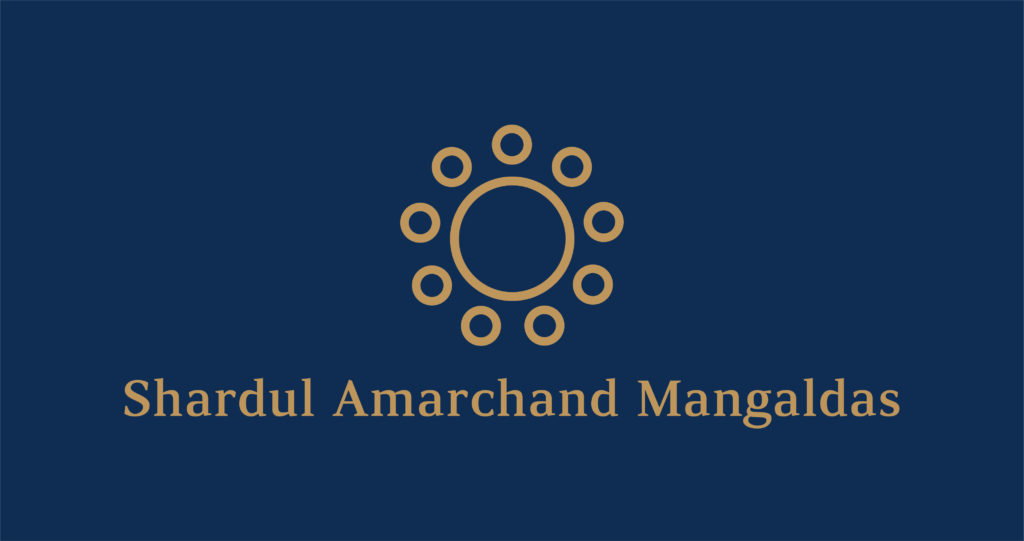Quick search
CTRL+K
Quick search
CTRL+K


Since 2010, the Global Law Experts annual awards have been celebrating excellence, innovation and performance across the legal communities from around the world.
posted 2 years ago
The Indian government notified the rules for initiating insolvency proceedings against personal guarantors as a distinct class other than individuals in 2019, along with notifying part III of the Insolvency and Bankruptcy Code, 2016 (IBC) for insolvency proceedings against personal guarantors.
The Supreme Court, in Lalit Kumar Jain v Union of India, upheld the 15 November notification, holding that personal guarantors, although forming part of the larger grouping of individuals, were to be dealt with differently, considering their intrinsic connection with corporate debtors. The court also held that approval of a resolution plan and discharge of the borrower from the debt by an involuntary process, i.e. operation of law in insolvency proceedings, does not discharge a personal guarantor of its liabilities under the independent contract of guarantee.
While a significant upsurge in personal guarantor insolvencies was expected upon the Supreme Court settling the vires of the notification, the pace is still slow due to various uncertainties in the nascent jurisprudence in this emerging sphere of the IBC.
In view of the obligations of debtor and guarantor, personal guarantors seek to escape liability on the basis of discharge of the underlying debt as an effect of the resolution plan of the corporate debtor. In a recent decision by the Debt Recovery Tribunal (DRT), Ahmedabad in State Bank of India v Prashant Ruia, the DRT declined an application seeking recovery of debt against the personal guarantor on the basis of underlying debt of borrower being fully discharged under the resolution plan.
While debt discharge on account of operation of law does not preclude the creditor’s rights to pursue against the personal guarantee, however, if an assignment of debt under the resolution plan and transactions result in repayment in cash or kind (such as capitalisation) of the underlying debt to the assignee, then the ability to pursue the personal guarantee may be at risk on account of the underlying debt being discharged.
While section 60(1) of the IBC vests the National Company Law Tribunal (NCLT) with jurisdiction to act as the adjudicating authority for the insolvency resolution and liquidation of corporate debtors and personal guarantors, section 60(2) provides for application for insolvency resolution of the personal guarantor to be filed before the NCLT, where corporate insolvency resolution process or liquidation proceeding of the corporate debtor is pending. Several personal guarantors relying on section 60(2) disputed the NCLT being the appropriate forum for insolvency resolution of personal guarantors on account of corporate insolvency resolution process or liquidation not having commenced or concluded.
The National Company Law Appellate Tribunal (NCLAT), in State Bank of India v Mahendra Kumar Jajodia, which was subsequently upheld by the Supreme Court, resolved this issue and held that the NCLT was the appropriate adjudicating authority for initiation of all insolvency proceedings against personal guarantors, even if there were no pending corporate insolvency resolution process or liquidation against the corporate debtor. While the NCLAT provided for limited notice requirement only at the stage of admission of insolvency under section 100, and not for order of interim moratorium and appointment of a resolution professional, a constitutional challenge is raised in a recent writ filed before the Supreme Court on the ground of violation of principles of natural justice, seeking personal guarantor’s right to be heard before the appointment of resolution professional, creating another ground for personal guarantors to seek a stay against the admission into insolvency.
The framework for insolvency proceedings against personal guarantors under the IBC does not provide for clawback in case of avoidance or fraudulent transactions, despite the existence of such provisions for corporate debtors, and in the bankruptcy of individuals. There are apprehensions of diversion of assets before the resolution professional takes custody of the assets of the personal guarantor. In absence of a framework to claw them back, the estate of the personal guarantor would stand eroded off the diverted, or siphoned off, assets.
Creditors should put in adequate safeguards in the resolution plan of corporate debtors to ensure that the unpaid debt continues to remain outstanding to the assignee until the personal guarantor’s insolvency proceedings conclude. Simultaneous initiation of insolvency proceedings against corporate debtors and personal guarantors will create efficiencies and synergise the efforts for maximising the value. Necessary amendments in the IBC should be considered to provide for clawback of diverted assets.
This article was originally published in Asia Business Law Journal on 21 June 2022 Co-written by: Saurav Panda, Partner; Ahkam Khan, Associate.
Disclaimer
This is intended for general information purposes only. The views and opinions expressed in this article are those of the author/authors and does not necessarily reflect the views of the firm.
posted 5 hours ago
posted 17 hours ago
posted 17 hours ago
posted 4 days ago
posted 4 days ago
posted 4 days ago
posted 5 days ago
posted 5 days ago
posted 5 days ago
posted 7 days ago
There are no results matching your search.
ResetFind the right Legal Expert for your business
Sign up for the latest legal briefings and news within Global Law Experts’ community, as well as a whole host of features, editorial and conference updates direct to your email inbox.
Naturally you can unsubscribe at any time.
Global Law Experts is dedicated to providing exceptional legal services to clients around the world. With a vast network of highly skilled and experienced lawyers, we are committed to delivering innovative and tailored solutions to meet the diverse needs of our clients in various jurisdictions.